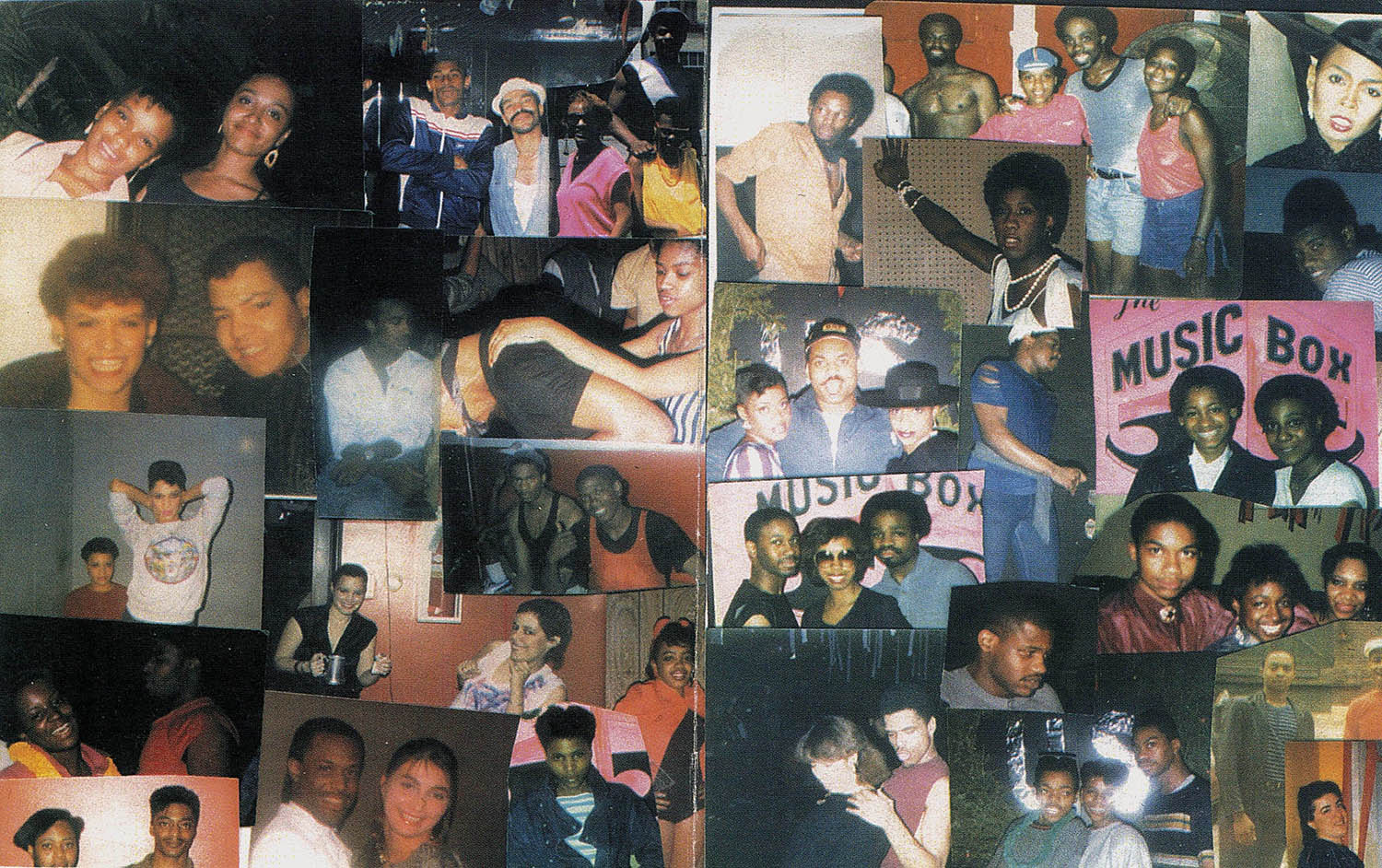While Frankie Knuckles has fondest memories of the period from 1977 to ’81, it was the following years when the Warehouse really began to change dance music forever. “By 1981, when they had declared disco is dead, all the record labels were getting rid of their dance departments, so there was no more up-tempo dance records,” Knuckles explained to writer Frank Broughton in i-D magazine. “That’s when I realized I had to start changing certain things in order to keep feeding my dance floor.” As well as embracing the new electronic dance music of groups like the Peech Boys and D-Train along with some of the more soulful Italian disco, Knuckles used a reel-to-reel to extend and repeat sections of disco classics. A new name for the music Knuckles was playing started to be seen around town, according to Chip E.—who was working at the Imports Etc. record store. “People would come in and ask for the old sounds,” he recalled in Last Night a DJ Saved My Life, “the Salsoul that Frankie used to play at the Warehouse. So we’d put up signs that said ‘Warehouse Music’… It worked so well that we started putting it on all sorts of records and shortened the label to ‘House.’ ”
Inspired by Knuckles, a new generation of bedroom producers had started to emerge in the city, offering their own DIY versions of what was now known as “house.” Advancements in technology meant electronic sound equipment was becoming quickly outdated. The result was gear like the Roland TR-909 and 808 drum machines became affordable tools of experimentation. As the music Knuckles played was rooted in soulful disco, many of these new productions were too raw for the refined ears of Warehouse regulars. “They would come and hear me play and then go back to their clubs, [like] the Playground, and they would do the same thing,” Frankie told Frank Broughton. “And they started putting together their own beat tracks. Which is okay, but I’ve never been one to sit back and play a bunch of beat tracks.” The Playground was the epicenter of this younger scene, where Jesse Saunders—who has laid claim to the first official house track, “On and On”—introduced many of house music’s future DJs and producers into this exciting new culture.


 I’ll specifically give Brooklyn/Bronx Drill credit for letting it be cool for these lil “hard” nikkas to dance but it’s still goon ass music at the end of the day.
I’ll specifically give Brooklyn/Bronx Drill credit for letting it be cool for these lil “hard” nikkas to dance but it’s still goon ass music at the end of the day.
 Game and Lupe coming next week, so i'm thankful for that
Game and Lupe coming next week, so i'm thankful for that 




